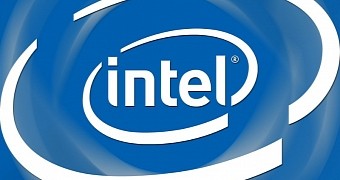Bugs aren't fun, and you can feel blessed if the sort of bugs your system suffers from are the minor sort, which cause temporary lag or glitches and nothing else. It's kind of nasty when the issue originates at CPU level though, and that's the case for the Haswell TSX bug.
In case you're not aware of it, the Haswell architecture has a bug in relation to the Transactional Synchronized eXtensions inside the CPU.
According to the Santa Clara, California-based company, under a “complex set of internal timing conditions and system events,” software instructions may end up causing the system to behave strangely.
There's a lot of technobabble involved, but if you're looking for the layman’s explanation, it's this: enterprise applications and tasks like database handling may lead to strange glitches and system problems in data centers and servers.
The heart of the matter
Initially, Intel implied that the problem could be addressed via a microcode patch, but it turns out that this isn't really possible.
This is because the problem is hard coded into the processor, so the only way Intel could possibly solve it for everyone is if it recalled all affected CPUs (all Xeon E5 V3 chips out there really).
This isn't logistically and financially feasible, so you'll all have to wait until the Broadwell-K line of high-end CPUs comes out. The revelation is owed to some documents found by the folks at BitsandChips.it.
Possible workarounds for the issue
Fortunately, there is another patch that you can install, which will permanently deactivate the TSX instruction set altogether, so at least you won't get the problems.
“We have addressed the TSX issue with the release of a microcode update that disables TSX on current steppings of the affected Haswell and Broadwell products,” an Intel spokesman said. “Longer term, Intel is committed to correcting the issues with TSX and enabling the feature on future processors.”
If your workload and operations depend heavily on TSX, you'll want to downgrade to Ivy Bridge and wait until the Broadwell series comes out in order to move forward.
It will limit your performance headroom, certainly, but at least you won't suffer from data corruption and instability while you wait for the next generation.
What you should do if you're a normal consumer
If you're just some guy who bought a high-end Xeon chip for his own use, you probably don't have anything to worry about because gaming, video editing and most other “home” operations don't use TSX instructions much, if at all. You'll still want to apply the latest patch though, to disable them completely. Better to be safe than sorry and all that.

 14 DAY TRIAL //
14 DAY TRIAL //